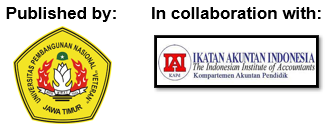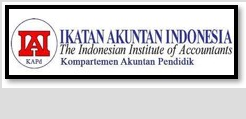Netnography on Finance Research: The Case of Customer Blackmail in a Sharia Bank
DOI:
https://doi.org/10.33005/jasf.v5i1.299Keywords:
Social media, electronic-Word of Mouth, riba, literacy, experienceAbstract
A case of extortion by a Sharia bank against an influencer and conglomerate in Indonesia went viral on social media in 2021. This article explores netizen comments regarding the issue of extortion cases carried out by Sharia banks that are viral on social media. The method used in this study is a qualitative, netnographic approach. This research is useful for banks in determining attitudes toward netizens on social media. Data mining is done with NAWALA software, and data analysis is done with NVIVO. The sample size in this study was 21,656 comments on six selected videos uploaded on YouTube. The results show that netizen comments lead to three things, namely the role of the Financial Services Authority (OJK), the stigma of Sharia banks after an issue of an extortion case, and riba. The new thing in this research is netnography which is used to discuss topics circulating in the case of Sharia banks by paying attention to netizen comments on YouTube with large sample size. Previous researchers have never done netnographic research about customer blackmail in Indonesian Sharia banking. This study suggests that bank and non-bank financial institutions should always maintain their institutional image, improve sharia finance in the community, and create a good customer experience.














